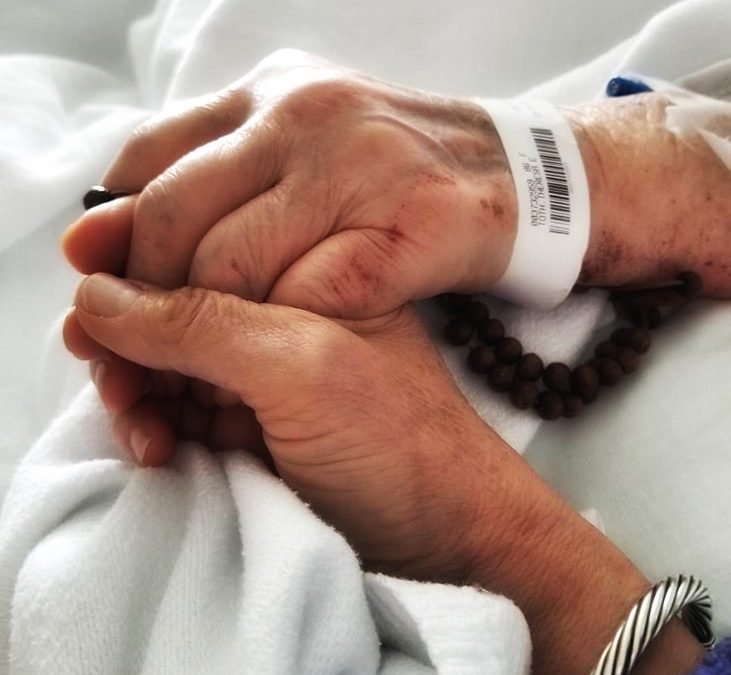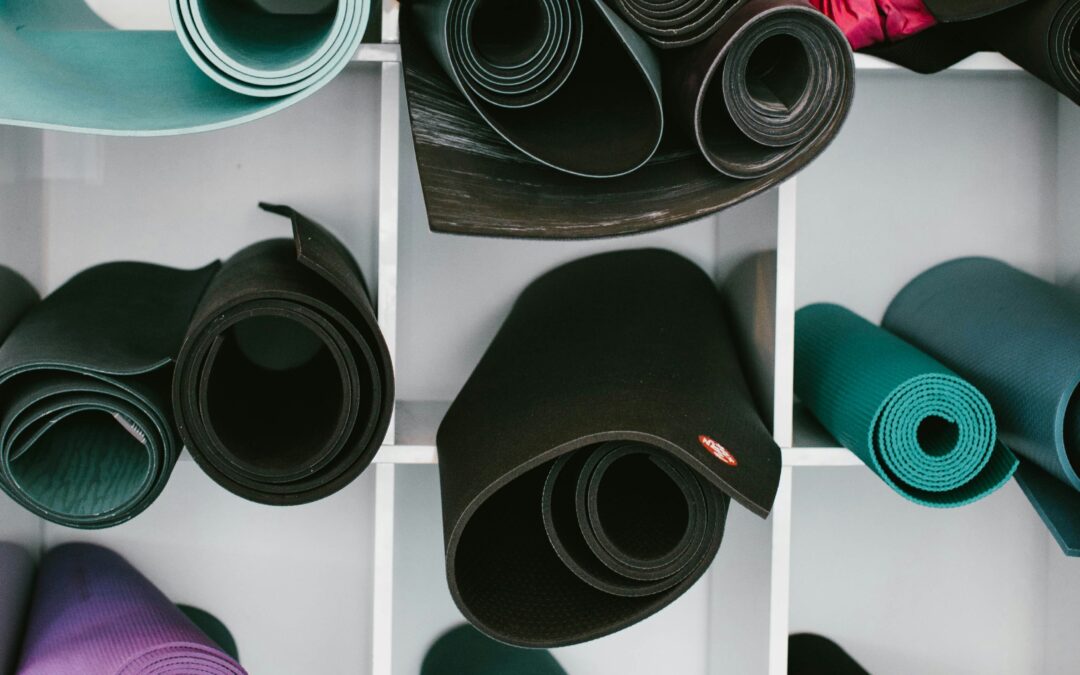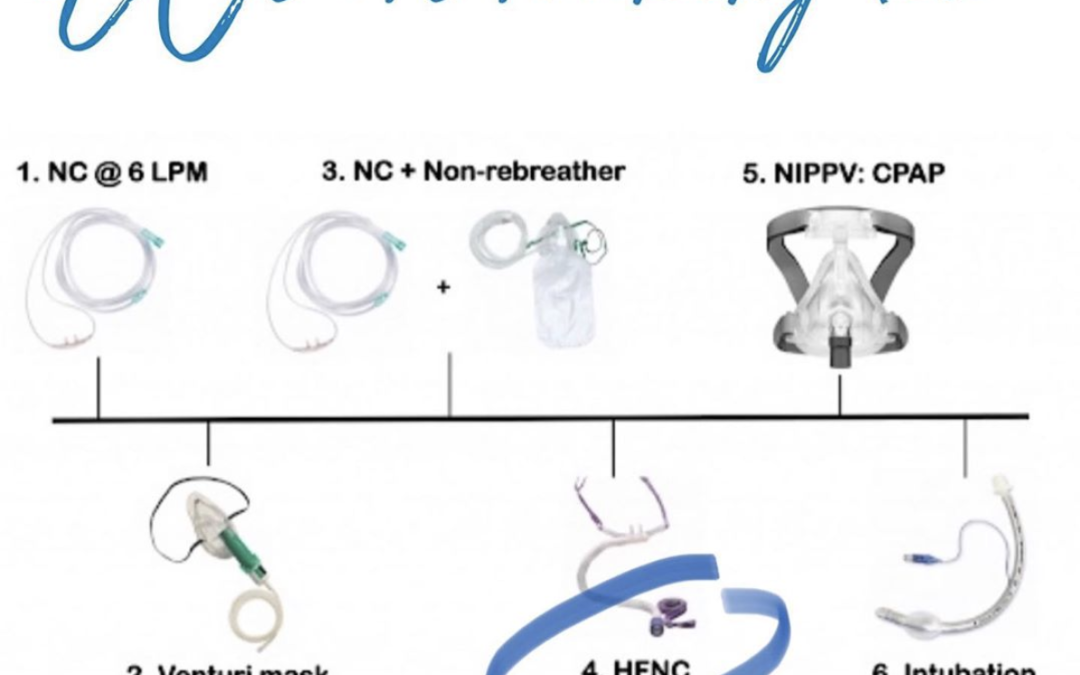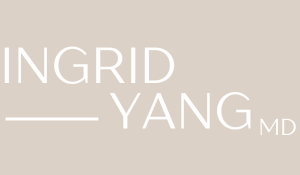
by Ingrid Yang | Jul 30, 2020 | Yoga
Have you considered practicing yoga in a studio during the pandemic? Is staying 6 feet apart and wearing a mask really enough? Read my interview with Entrepreneur Magazine on the science and safety behind practicing yoga in a studio during the time of Covid-19! Photos...

by Ingrid Yang | Jul 23, 2020 | Wellness
This story is getting old, but seems like it still needs to be told over and over again. I just admitted a COVID patient who is young (early 30s) and has no medical problems who went from room air to requiring HFNC (remember the equipment I said was running...

by Ingrid Yang | Jul 21, 2020 | Yoga
Read my advice in the Martha Stewart Living Magazine!

by Ingrid Yang | Jul 20, 2020 | Wellness
Every person wants to think they are a good person. But when you willfully defy the good, hard-earned advice from scientists just because you “don’t like” something, you have to question the “good person” goal. People try to bend the rules :“well if I’m outside,...

by Ingrid Yang | Jul 17, 2020 | Wellness
Last week while on service in the hospital, one of the respiratory therapists said: “We are out of High flow nasal cannulas.” This struck fear in my heart. Let me explain what that means and why this is so terrifying. For me, for you, for everyone you know. In the...






